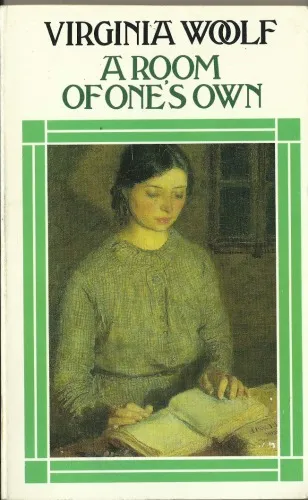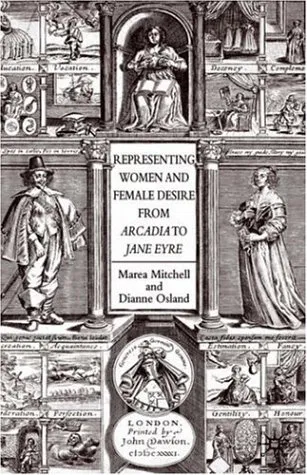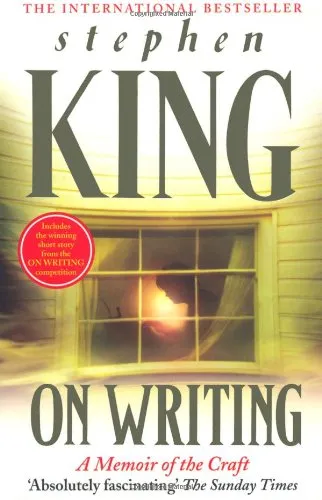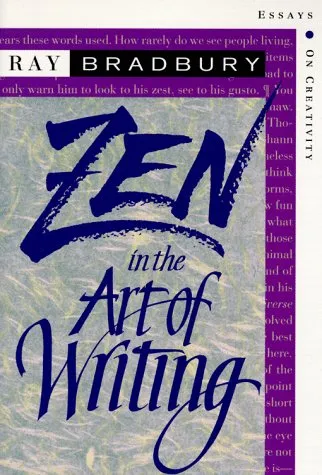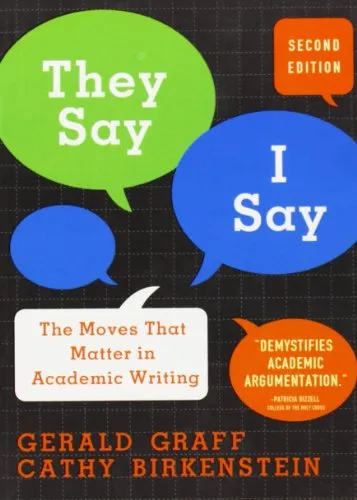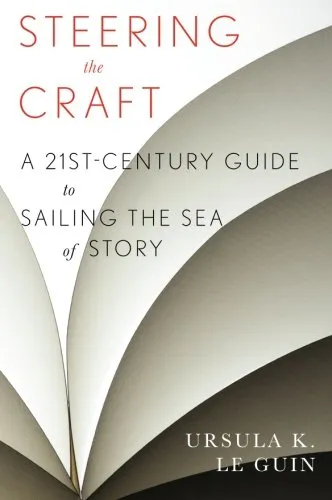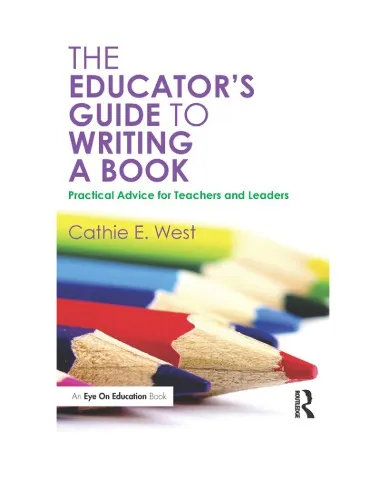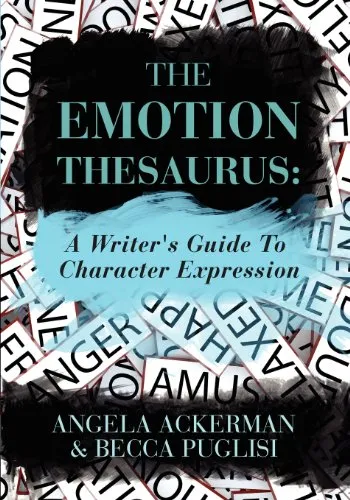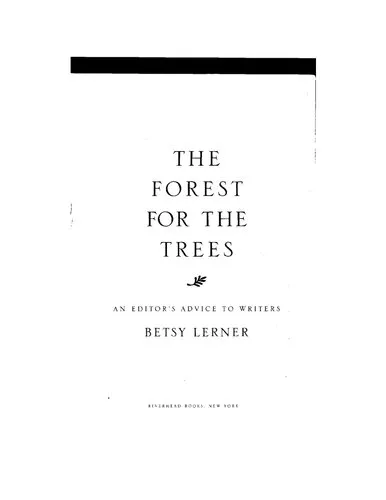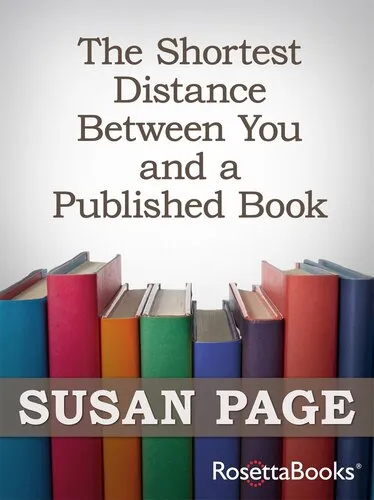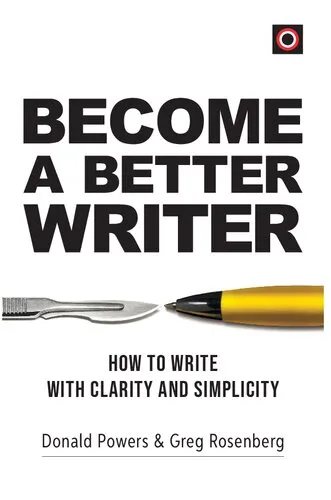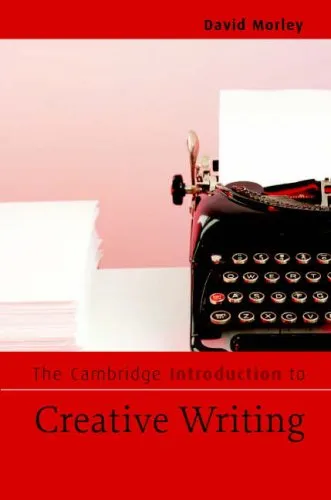A Room of One's Own
4.5
Reviews from our users

You Can Ask your questions from this book's AI after Login
Each download or ask from book AI costs 2 points. To earn more free points, please visit the Points Guide Page and complete some valuable actions.Related Refrences:
Virginia Woolf's "A Room of One's Own" is a seminal work exploring the complex relationship between women and fiction. This extended essay, first published in 1929, is celebrated for its pioneering ideas about women’s access to education, financial independence, and creative space, which are essential for the production of literature. The work is a rich blend of narrative, argument, and polemic, which continues to resonate deeply in the context of gender and literary studies.
Detailed Summary of the Book
"A Room of One's Own" originated from two lectures that Virginia Woolf delivered to female students at Cambridge University in 1928. Woolf constructs her argument around the provocative thesis that "a woman must have money and a room of her own if she is to write fiction." Throughout the essay, Woolf deftly uses fictional anecdotes, historical analysis, and sharp wit to illustrate the struggles that women have faced — and continue to face — in achieving literary and economic independence.
Woolf embarks on a reflective journey through libraries and history to examine the patriarchal structures that have excluded women from the literary canon. She imagines the tragic fate of an invented sister of Shakespeare, "Judith," whose life, unlike her brother's, is stifled by social constraints. By examining the social and economic barriers that women of the past faced, Woolf underscores the link between material circumstances and creative opportunity.
The essay moves beyond lamenting the injustice to emphasizing the hopeful potential for change. Woolf’s work is a call to action, urging women to challenge oppressive structures and to carve out figurative and literal spaces of their own.
Key Takeaways
- The necessity for women to have financial independence and personal space to pursue creative endeavors.
- The historical denial of educational and professional opportunities to women, and its impact on literature.
- The importance of acknowledging women's contributions to literature and ensuring their voices are heard.
- A reflection on gender inequality in a broader social, economic, and academic context.
Famous Quotes from the Book
"A woman must have money and a room of her own if she is to write fiction."
"Lock up your libraries if you like; but there is no gate, no lock, no bolt that you can set upon the freedom of my mind."
"For most of history, Anonymous was a woman."
Why This Book Matters
"A Room of One's Own" remains significant because it addresses fundamental questions about gender and creativity that are still relevant today. Woolf's arguments presaged many modern feminist discussions about equality, authorship, and the value of women’s stories. The book is often credited with sparking dialogue that would lead to the feminist literary criticism movement. It challenges readers to consider the structural inequalities that dictate cultural narratives and to re-evaluate the historical underrepresentation of women in literature.
Furthermore, Woolf’s blending of fiction and essay, form and content, is a testament to her innovative literary style, which has influenced countless writers. Her insightful critique of the social systems hindering gender equality in literature encourages a broader reflection on how we think about voices, identity, and representation in any creative field.
Ultimately, "A Room of One's Own" endures not only as a feminist manifesto but also as a timeless examination of individuality and the pursuit of intellectual freedom.
Free Direct Download
You Can Download this book after Login
Accessing books through legal platforms and public libraries not only supports the rights of authors and publishers but also contributes to the sustainability of reading culture. Before downloading, please take a moment to consider these options.
Find this book on other platforms:
WorldCat helps you find books in libraries worldwide.
See ratings, reviews, and discussions on Goodreads.
Find and buy rare or used books on AbeBooks.
1463
بازدید4.5
امتیاز0
نظر98%
رضایتReviews:
4.5
Based on 0 users review
Questions & Answers
Ask questions about this book or help others by answering
No questions yet. Be the first to ask!
